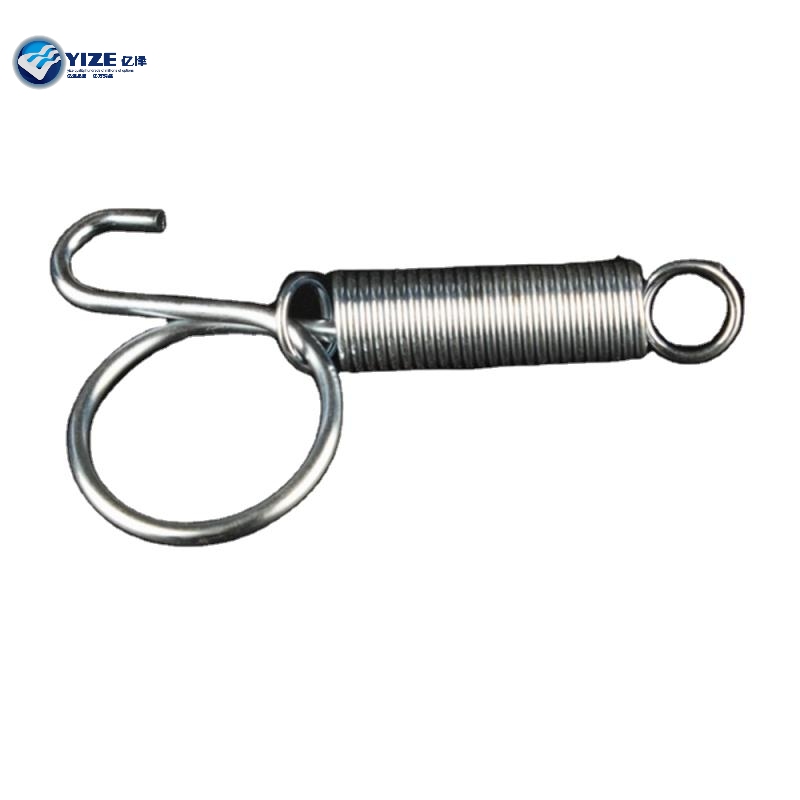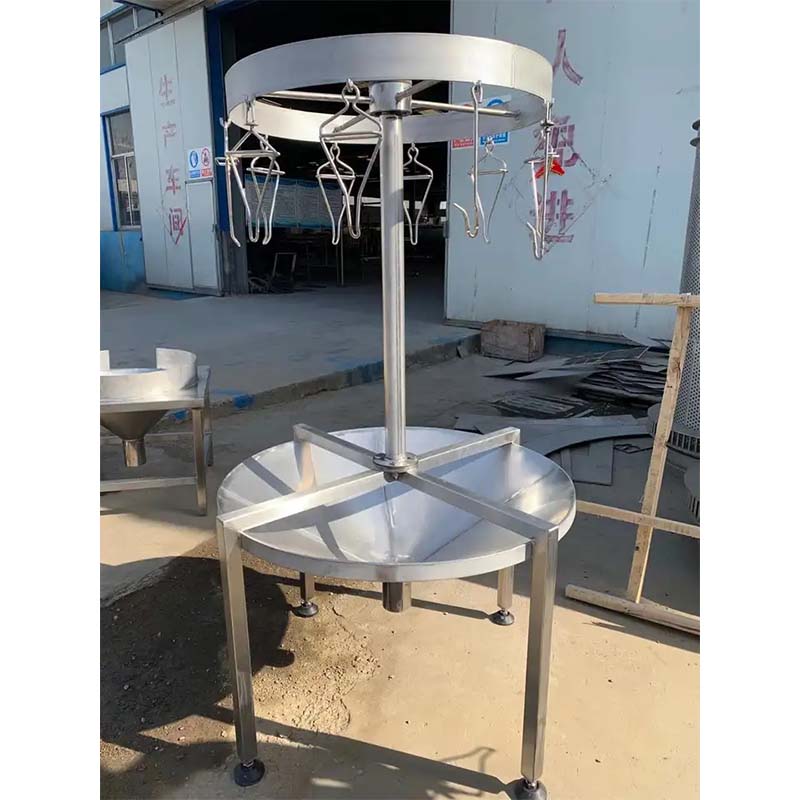silos de almacenamiento de granos
1 月 . 28, 2025 03:42 Back to list
silos de almacenamiento de granos
Grain storage silos have revolutionized the agriculture industry, transforming the way grain is stored and preserved, ensuring that it remains viable and of high quality from the time of harvest up until it's ready to be processed or sold. For farmers and agricultural businesses, understanding the nuances of these silos is crucial not only for maintaining product quality but also for optimizing operations and ensuring a good return on investment.
The reputation of grain storage silos also hinges on trusted management practices. Regular inspection and maintenance regimes are fundamental to ensuring the operational efficiency and safety of silos. This includes monitoring structural integrity, seal effectiveness, and vent functionality. The implementation of aeration systems also plays a critical role in maintaining the quality of stored grain. By circulating air throughout the silo, such systems help to regulate temperature and moisture levels, preventing the growth of molds and the onset of spoilage. Furthermore, authoritativeness in silo management extends to the adaptation of advanced fumigation practices. Controlled fumigation techniques target and eliminate pest infestations without compromising grain quality. Deploying safe and approved chemical agents within silos ensures that the grain remains free from contaminants that could jeopardize the food chain. Establishing Credibility Through Proven Success Real-world applications and success stories further cement the credibility of using silos in grain storage. Many leading agricultural firms report a marked improvement in grain quality and shelf life thanks to the strategic use of modern silos. Case studies reveal that incorporating automated systems within silos not only enhances storage management but also streamlines operational costs, offering significant economic advantages. Producers worldwide trust grain silos for their ability to store large volumes effectively and sustainably. Their design allows for ease of loading and unloading, minimizing labor and time investments. Additionally, by reducing post-harvest losses, these structures contribute positively to overall productivity and profitability. In conclusion, mastery over the intricacies of grain storage silos remains a cornerstone of successful agricultural operations. By investing in high-quality silos and adopting expert-backed storage practices, growers can ensure that their produce meets the highest standards of quality and safety, fostering consumer trust and enhancing market reputation. The blend of experience, expertise, authoritativeness, and trustworthiness in managing these systems empowers stakeholders across the supply chain, optimizing grain preservation and boosting economic returns.


The reputation of grain storage silos also hinges on trusted management practices. Regular inspection and maintenance regimes are fundamental to ensuring the operational efficiency and safety of silos. This includes monitoring structural integrity, seal effectiveness, and vent functionality. The implementation of aeration systems also plays a critical role in maintaining the quality of stored grain. By circulating air throughout the silo, such systems help to regulate temperature and moisture levels, preventing the growth of molds and the onset of spoilage. Furthermore, authoritativeness in silo management extends to the adaptation of advanced fumigation practices. Controlled fumigation techniques target and eliminate pest infestations without compromising grain quality. Deploying safe and approved chemical agents within silos ensures that the grain remains free from contaminants that could jeopardize the food chain. Establishing Credibility Through Proven Success Real-world applications and success stories further cement the credibility of using silos in grain storage. Many leading agricultural firms report a marked improvement in grain quality and shelf life thanks to the strategic use of modern silos. Case studies reveal that incorporating automated systems within silos not only enhances storage management but also streamlines operational costs, offering significant economic advantages. Producers worldwide trust grain silos for their ability to store large volumes effectively and sustainably. Their design allows for ease of loading and unloading, minimizing labor and time investments. Additionally, by reducing post-harvest losses, these structures contribute positively to overall productivity and profitability. In conclusion, mastery over the intricacies of grain storage silos remains a cornerstone of successful agricultural operations. By investing in high-quality silos and adopting expert-backed storage practices, growers can ensure that their produce meets the highest standards of quality and safety, fostering consumer trust and enhancing market reputation. The blend of experience, expertise, authoritativeness, and trustworthiness in managing these systems empowers stakeholders across the supply chain, optimizing grain preservation and boosting economic returns.
Next:
Latest news
-
Battery Layer Cage Systems With Automatic Feeding Machine
NewsMar.07,2025
-
Hot Selling Multi Function Vacuum Packaging Machine
NewsMar.07,2025
-
Chicken scalder plucker machine for sale poultry scalder chicken plucking machine
NewsMar.07,2025
-
Egg Tray Making Machine 1000, 2000, pulp molding machine
NewsMar.07,2025
-
Automatic Feeding Line System Pan Feeder Nipple Drinker
NewsMar.07,2025
-
cage layer chicken
NewsMar.07,2025






